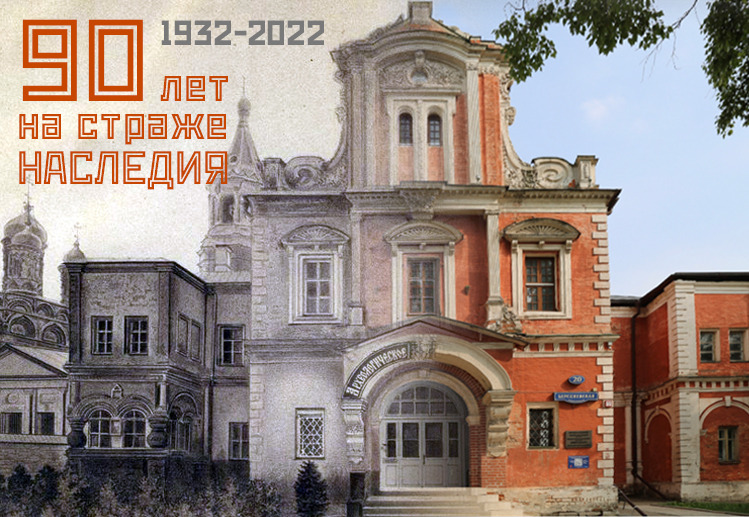The World Trade Organization (WTO) is a global organization that aims to reduce trade barriers, promote free and fair trade, and ensure economic development for all member countries. One of the critical agreements made under WTO is the agreement on agriculture, which aims to improve agricultural trade by reducing trade-distorting subsidies, improving market access, and enhancing special and differential treatment for developing countries.
One of the most important tools for achieving the goals of the agreement on agriculture is the Blue Box category of subsidies. The Blue Box is designed to allow WTO members to provide certain subsidies that are considered less trade-distorting than other types of subsidies.
The Blue Box subsidies must meet specific criteria, including the requirement that they are tied to production-limiting programs. This means that subsidies can only be provided to farmers when they agree to limit production. The Blue Box subsidies should also not be contingent on export performance.
The idea behind the Blue Box is to allow countries to provide subsidies that enable farmers to make production decisions based on market demand rather than government support. This allows for greater market efficiency while also ensuring that farmers can continue to operate and provide food security for their countries.
The Blue Box subsidies have been an important tool in negotiating trade agreements, especially in global agriculture trade. They have been used successfully in the negotiations for the EU Common Agricultural Policy (CAP), the US Farm Bill, and in negotiations on the Doha Development Agenda.
With the increasing importance of sustainable agriculture and the need to reduce subsidy dependence, the Blue Box will continue to be an essential tool for achieving the goals of the agreement on agriculture. It represents a compromise between free trade advocates and those who want to protect the agricultural sector, enabling governments to support farmers while ensuring that trade is not distorted.
In conclusion, the Blue Box subsidies have an essential role to play in the global agricultural trade. It is a valuable tool to promote sustainable agriculture, while ensuring that trade is fair and efficient. With the help of the Blue Box, we can achieve the goals of the agreement on agriculture and promote economic development for all member countries of the WTO.





